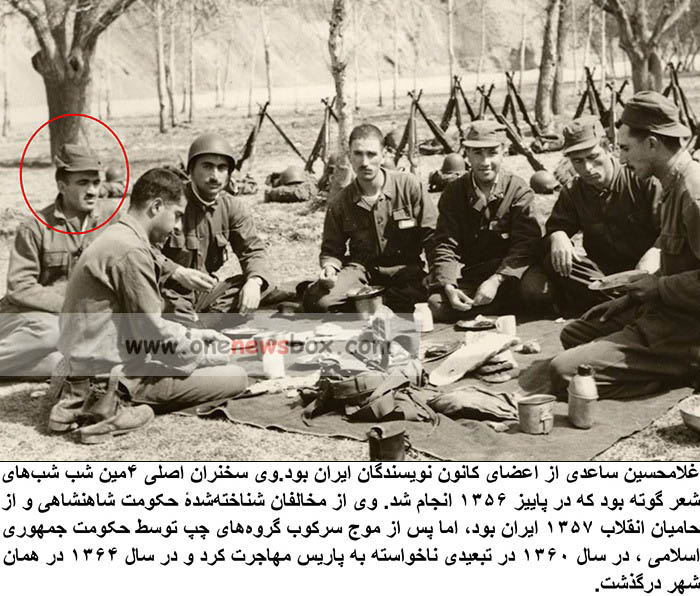In 1955, Saedi graduated with a diploma in natural sciences. A year later, he began studying medicine at the University of Tabriz, where his academic pursuits intersected with political engagement. During his time as a medical student, he participated in student movements and forged lasting friendships, including one with the renowned writer and educator Samad Behrangi. Saedi continued to write prolifically during this period, producing short stories, plays, and essays that reflected his growing awareness of societal and political issues.
Literary Career and Playwriting
Saedi’s literary career formally began in the early 1950s, with his first works published in 1953. Over the years, he established himself as a masterful playwright, contributing significantly to the development of modern Iranian theater. His play Wood in the Hands of Varzil remains one of his most celebrated works, showcasing his ability to weave complex narratives with deep psychological and societal insights.
Saedi’s other notable plays include The Fat Man, Dictate and Angle, Oh, Hat! (I.B. Kolah), and Five Plays about the Constitutional Revolution. His work was pivotal in transforming Iranian theater during the 1960s and 1970s, alongside contemporaries such as Bahram Beizaei, Akbar Radi, and Bijan Mofid. Saedi’s plays often explored themes of oppression, resistance, and the human condition, resonating deeply with audiences during a politically turbulent era.In addition to his contributions to theater, Saedi was a prolific writer of short stories, novels, and screenplays. His short story collections, including Shabshani Bashkooh (A Magnificent Night’s Vigil), reflect his mastery of storytelling and his keen observation of Iranian society. Saedi’s screenplay for the 1969 film The Cow, directed by Dariush Mehrjui, remains a landmark in Iranian cinema. The film’s exploration of rural life, poverty, and psychological disintegration earned international acclaim and is often credited with sparking the Iranian New Wave in cinema.

